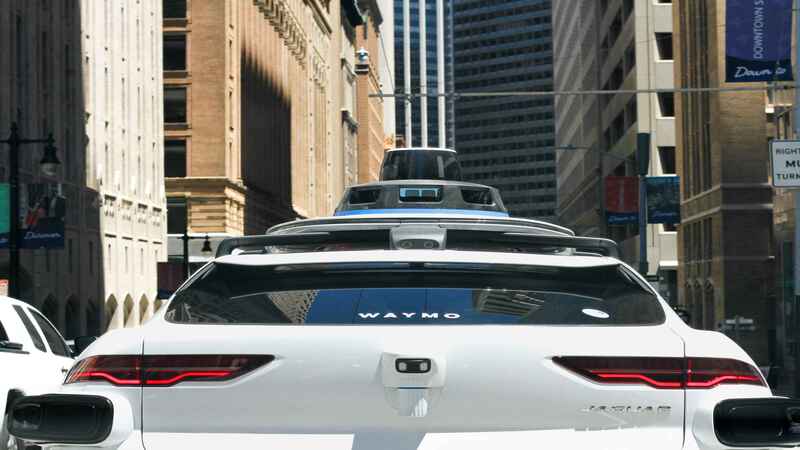Waymo's Robotaxi Service May Soon Offer Personal Ownership Options
- Published 24 days ago
- Robotaxis
- International
Waymo is exploring a transition from ride-hailing services to allowing personal ownership of its autonomous vehicles, potentially reshaping the robotaxi market.

Waymo’s Robotaxi Could Transition From Ride-Hailing to Personal Ownership
Alphabet CEO Sundar Pichai made waves during the company's recent earnings call, unveiling a potential shift in Waymo’s business model. The autonomous vehicle leader, currently operating the only fare-collecting driverless taxi service in the United States, may soon open the door for personal ownership of its self-driving vehicles. This move would place Waymo in direct competition with Tesla, which has also expressed ambitions for launching its own robotaxi service.
Since its creation in 2009 as a Google side project, Waymo has navigated the challenging autonomous vehicle market with a focus on gradual expansion. Having spun off from Google in 2016, the company has carefully built its infrastructure, currently deploying 700 autonomous vehicles across cities like San Francisco, Phoenix, Los Angeles, and Austin. These vehicles operate in a variety of urban environments, with San Francisco being home to approximately 300 of these self-driving cars, which are tackling some of the country's most complex streets. In addition to its current service areas, Waymo's expansion plans include cities like San Jose, as detailed in a recent article on the company's future developments here.
Despite its pioneering role, Waymo faces stiff competition. Elon Musk and Tesla are positioning their upcoming robotaxi service to potentially dominate the market. Tesla's business model focuses on cost efficiency, using a combination of cameras and artificial intelligence to operate its vehicles, as opposed to Waymo's use of premium sensors, including lidar, which contributes to higher production costs. Musk recently remarked:
"Teslas probably cost a quarter, 20%, of what a Waymo costs and made in very high volume. I don’t see anyone being able to compete with Tesla at present."
His remarks underscore Tesla’s aggressive pricing strategy, which would allow vehicle owners to monetize their cars through a ride-hailing platform once fully autonomous capabilities are achieved.
Though Waymo has yet to provide concrete details about its timeline or strategy for personal ownership, Pichai's comments signal a significant shift. Pichai remarked during the call:
"This is probably the first question I’ve got on an earnings call on Waymo. It’s a sign of its progress,"
emphasizing the growing attention on the company’s future plans.
Industry experts are skeptical about the timeline for Tesla’s robotaxi rollout. Autonomous technology continues to face hurdles related to weather conditions, pedestrian behavior, and complex intersections, making large-scale deployment a formidable challenge.
Meanwhile, Waymo has fostered several strategic partnerships with companies like Uber, Moove, and Hyundai, allowing it to expand its reach without the burden of manufacturing its own cars. Analyst David Heger from Edward Jones suggested that any future personal ownership model from Waymo would likely be facilitated through these partnerships rather than direct car production. Heger explained:
"Google doesn’t build its own automobiles and I certainly don’t think they would try to get into that business."
With over 250,000 fully autonomous rides per week and plans to expand into cities like Atlanta, Miami, and Washington, D.C., Waymo’s evolving strategy could reshape the landscape of autonomous transportation in the coming years.
Latest Taxi Updates!
Headlines, Breaking News, and Top Guides—straight to you! Stay informed and ride smarter every day!
